Anxiety is a common psychological disorder that not only affects the mental health and quality of life of the sufferer, but can also have a certain impact on family members. As family members, we can provide support and help to patients so that they can better cope with anxiety symptoms.
In order to help patients with anxiety, this article will be described in detail around several parts such as communication, understanding, acceptance, companionship and so on.
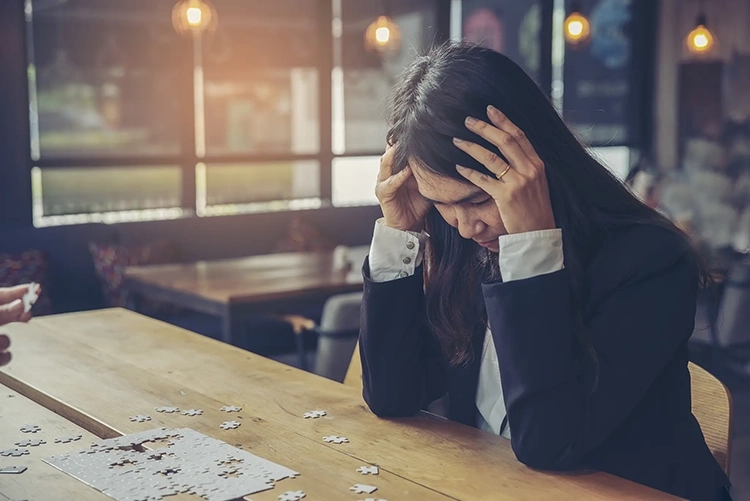
How to help someone with anxiety?
Communicate effectively to help an anxiety sufferer out
For people with anxiety, effective communication is an important way to relieve anxiety and get out of difficult situations.
1. Understand and accept symptoms of anxiety
First, we need to understand the characteristics and symptoms of anxiety, such as excessive worry, jitters, panic attacks, etc.
When communicating with people with anxiety disorders, one should show compassion and understanding and avoid belittling or disregarding their feelings.
Only when we truly accept their emotions can we build a foundation for effective communication.
2. Listen and encourage expression
Effective communication requires patient listening. When communicating with someone with anxiety, give them enough time and space to express their feelings. Don’t rush into giving advice or solutions, but make them feel valued and understood. At the same time, by allowing them to express their emotions and thoughts in an encouraging way, this can help reduce their stress and enhance their self-perception.

3. Convey positive emotions and feedback
People with anxiety tend to get caught up in negative emotions, so we need to channel positive emotions to them and help them see the other side of the problem. During the communication process, offer affirmation and encouragement, and let them know that someone is there for them. At the same time, providing positive feedback so that they feel their feelings are being reciprocated can help boost their confidence and ease feelings of anxiety.
4. Offer practical help and support
In addition to providing emotional support, we should also provide practical help. According to the needs of people with anxiety disorders, we can provide relevant resources and information, such as psychological counseling services, treatment facilities, etc. At the same time, we can help them develop specific plans to deal with anxiety, such as lifestyle adjustments, relaxation training, etc. Such practical support can make people with anxiety feel loved and warm, and help them get out of their difficulties.
5. Channel positive thinking and behavior
Effective communication also requires inducing positive thinking and behavior in people with anxiety. Ask questions and guide them to see the positive side of the problem from a different perspective. At the same time, encourage them to participate in some beneficial activities, such as sports, meditation, etc., to relieve anxiety. In addition, cultivating some active lifestyle habits, such as regular work and rest, healthy eating, etc., can also be a great help in relieving anxiety.

Help professional therapy and actively self-medicate
Anxiety disorder is a psychological and mental disorder, is a disease that needs professional treatment and intervention, the greatest help for the family of patients with anxiety disorders is to let patients do professional drug treatment and do professional psychological counseling and psychotherapy.
1. The importance of professional treatment
For people with anxiety disorders, professional medication and psychological counseling are fundamental to recovery. These treatments need to be carried out by professional medical personnel, and family members cannot replace them. At the same time, professional treatment can also help patients better understand their symptoms and make an appropriate treatment plan.

2. Support and collaboration from family members
Family members can provide emotional support and practical help on top of professional therapy. Work with a therapist to make sure the person is following the treatment plan and giving necessary help in their daily lives. This collaborative relationship not only enhances the patient’s treatment, but also makes the family feel like they have an active role in the healing process.
3. Encourage active self-medication
In addition to professional treatment, the family can encourage the patient to engage in positive self-therapy and self-adjustment. For example, encourage them to engage in activities such as sports, meditation, mindfulness practices, which can all help the patient relieve feelings of anxiety and enhance a sense of self-control.
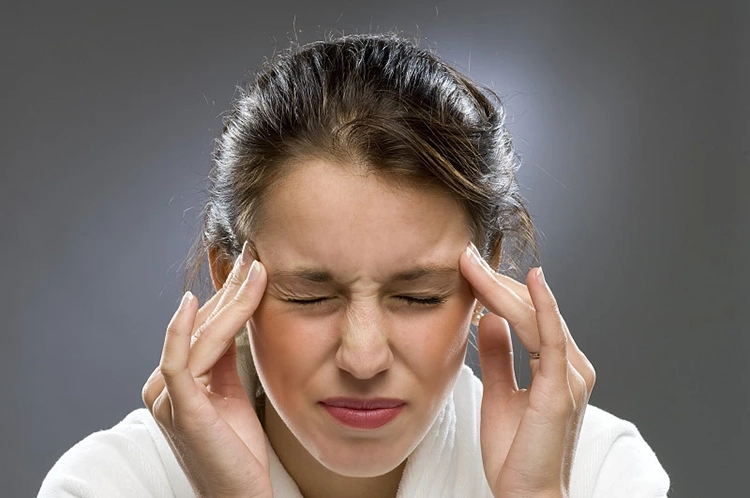
Eliminate misconceptions about anxiety
Earlier, we mentioned that “we need to understand the characteristics and symptoms of anxiety disorders, such as excessive worry, nervousness, panic attacks, etc.” So we need to understand anxiety disorders deeply and avoid having false perceptions of anxiety disorders:

Misconception 1: Anxiety disorder is a personality problem, or subjective problem, patients can overcome or correct themselves.
While it is associated with certain personality traits, such as perfectionism and a quick temper, anxiety disorders are not determined by personality, but are caused by a variety of factors, such as genetics, environment, life events, and chemical imbalances in the brain.
Anxiety disorder, not due to personality defects, anyone has anxiety, anyone can get this disease.
The pace of life is very fast, the work pressure is very easy to get anxiety, this is very understandable, but a mature, calm and successful person, will also get anxiety; A strong-willed, extroverted, sunny and enterprising person, will also have anxiety.

Having an anxiety disorder is not a sign of a personality defect or moral weakness, nor is it a subjective defect or problem. The sufferer cannot overcome it on his or her own. Because anxiety is a genuine psychological and psychiatric illness that requires professional diagnosis and treatment, the sufferer should not feel ashamed or self-blame, nor should he be discriminated against or laughed at.
As a family member of someone with anxiety, it is very important to recognize this and to know that the sufferer’s pain is real, physiological, and something he cannot overcome and correct on his own. In this way, his symptoms can be understood and accepted.
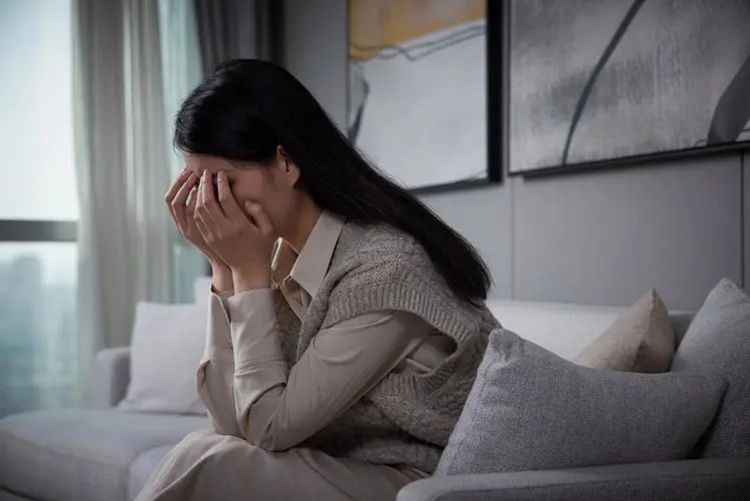
Myth 2: Anxiety is a rare mental illness that only affects a small number of people.
Anxiety is a common mental illness, not a rare one.
Anyone can have thoughts, desires, anxious emotions and feelings, and in the same way, anyone can have anxiety.
Here are some common types of anxiety disorders: Generalized anxiety disorder (GAD), social anxiety disorder (SAD), panic disorder (PD), agoraphobia (AG), specific phobia (SP), selective mutism (SM), etc.

Myth 3: You can get rid of an anxiety disorder with just hard self-adjustment.
This is unrealistic. Anxiety is a mental disorder that requires professional treatment and cannot be overcome by individual willpower alone.
In particular, some anxiety disorders will have a feeling that the more you try to adjust yourself, the more anxious the result!
Because the symptoms involve psychology, involving some inherent cognition and unreasonable behavior patterns, patients themselves are difficult to correct, also involve physiological problems, such as sympathetic nervous system overexcitement, palpitations, pain, etc., these need more professional treatment, the need for professional intervention, patients only subjective will and efforts, is completely insufficient.
Anxiety patients should seek the help of doctors or psychological counselors, according to their own situation using drug therapy, psychotherapy or other treatment means, such as self-treatment, self-learning Morita therapy and so on, to find the right way to go.
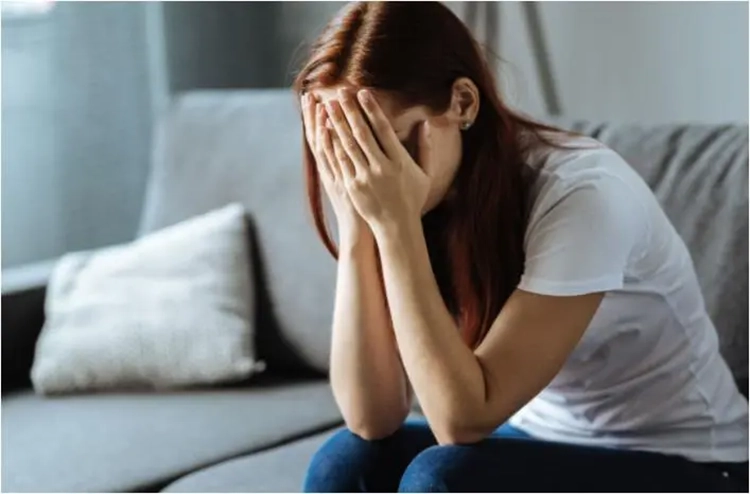
Myth 4: Anxiety is an insignificant disease that will not affect your physical health.
Anxiety is not just an emotional problem, it can have many adverse effects on the body. Such as causing a variety of physical symptoms, such as breathing difficulties, palpitation, stomach pain, etc., long-term anxiety may also induce a lot of psychosomatic diseases.
Anxiety disorder will not only affect the mental health of patients, but also affect the physical health of patients, increasing the risk of patients suffering from cardiovascular disease, diabetes, immune system diseases, etc., will also increase the risk of patients suicide.
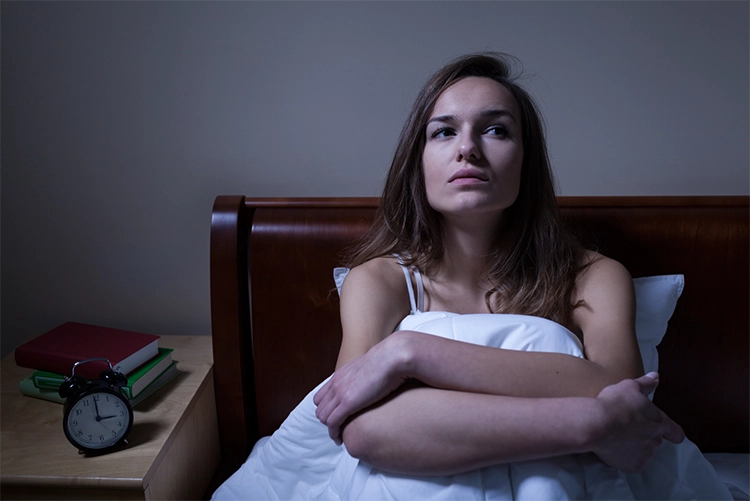
Myth 5: Anxiety is an incurable disease that sufferers can only sustain.
This is also incorrect because there are scientific and effective treatments for anxiety disorders, including psychotherapy and medication, through which patients can improve their symptoms and quality of life, and even recover completely. Of course, some people’s anxiety involves personal cognition and bad lifestyle, etc., need to really change many aspects of the individual, which is really very difficult to do, however, as long as you can relatively do, if not completely do, it will basically cure anxiety.

Myth 6: Anxiety is just a psychological problem, or, anxiety is just a physiological problem.
Anxiety is not just a psychological problem, not just a physical problem, not just pressure and environmental problems, but long-term psychological problems and physical problems, including unreasonable cognition and living habits of the accumulation of problems caused by.
It can be said that anxiety is both a psychological problem, but also a physiological problem, while involving pressure, social environment and other factors. There is no single factor that causes anxiety.
Anxiety is both a psychological and a physical problem. This view is more conducive to the treatment of anxiety disorders.
Therefore, we should correctly understand and recognize anxiety disorder, do not have prejudice or discrimination against patients, but should give patients enough care and support, encourage patients to seek professional help and work together to overcome anxiety disorder.

